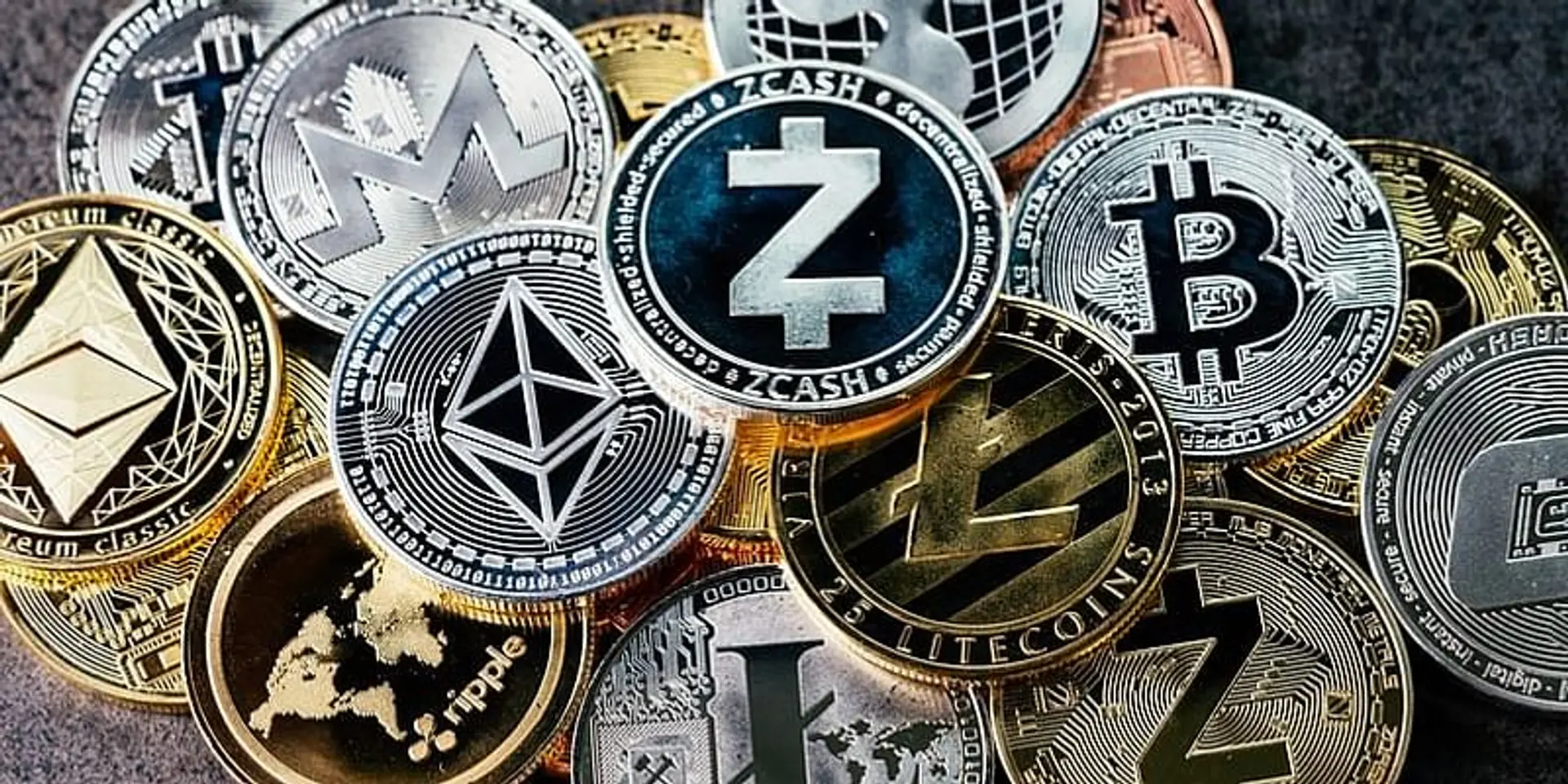Cryptos are nothing but gambling, their value only make-believe: RBI governor
Reserve Bank Governor Shaktikanta Das reiterates the need for an outright ban on cryptos, saying though those supporting it call it an asset or a financial product, there is no underlying value.
Reserve Bank Governor Shaktikanta Das on Friday reiterated his call for an outright ban on cryptocurrencies, saying these are “nothing but gambling” and their perceived “value is nothing but make-believe."
To further its opposition to such currencies and also to take a lead over other central banks, the RBI recently launched its own digital currency (central bank digital currency), in the form of e-rupee on a pilot mode, first for the wholesale in late last October and a month later for retail customers.
Speaking at an event, Das reiterated the need for an outright ban on cryptos, saying though those supporting it call it an asset or a financial product, there is no underlying value in it not even a tulip (alluding to the Dutch tulip mania blow-up in the early part of the past century).
He said that every asset and every financial product has to have some underlying (value) but in the case of crypto there is no underlying...and the increase in the market price of cryptos, is based on make-believe.
"So anything without any underlying, whose value is dependent entirely on make-believe, is nothing but 100% speculation or to, put it very bluntly, it is gambling,” the governor said.
“Since we don't allow gambling in our country, and if you want to allow gambling, treat it as gambling and lay down the rules for gambling. But crypto is not a financial product,” Das asserted.
Warning that legalising cryptos will lead to further dollarisation of the economy, he said cryptos masquerading as a financial product or financial asset is a completely misplaced argument.
He said the macro reason for banning them is that cryptos have the potential to and the characteristics of becoming a means of exchange; an exchange of doing a transaction.
Since most cryptos are dollar-denominated, if you allow it to grow, assume a situation where say 20% of transactions in an economy are taking place through cryptos issued by private companies.
Central banks will lose control over that 20% of the money supply in the economy and their ability to decide on monetary policy and to decide on liquidity levels. Central banks' authority to that extent will get undermined; it will lead to a dollarisation of the economy.
“Please believe me, these are not empty alarm signals. One year ago in the Reserve Bank, we had said this whole thing is likely to collapse sooner than later. And if you see the developments over the last year, climaxing in the FTX episode, I think I don't need to add anything more,” Das said.
To a question whether he sees any threat to the safety and security of banking from the increased digitisation of payments, Das said banks have to ensure that they are not swallowed by big tech, which today control most digital transactions.
“Issues of data privacy and issues of robustness of the tech infrastructure of banks have to be the focus of banks. Since many banks are actively engaged with many big tech, their challenge is to ensure that this should not lead to a situation where banks are swallowed up by the big tech. Banks should take their own decisions and not to be allowed to be dominated by big tech,” Das said.
On the CBDC being piloted now, he said central bank-issued digital currencies are the future of money and adoption can help save on logistics and printing costs.
“I think CBDC is the future of money,” the governor said, adding, “Since lots of central banks are doing/working on it and we cannot be left behind but at the same time we have to ensure that its technology is robust and very safe and ensure that it's not cloned or counterfeited.”
Edited by Teja Lele








